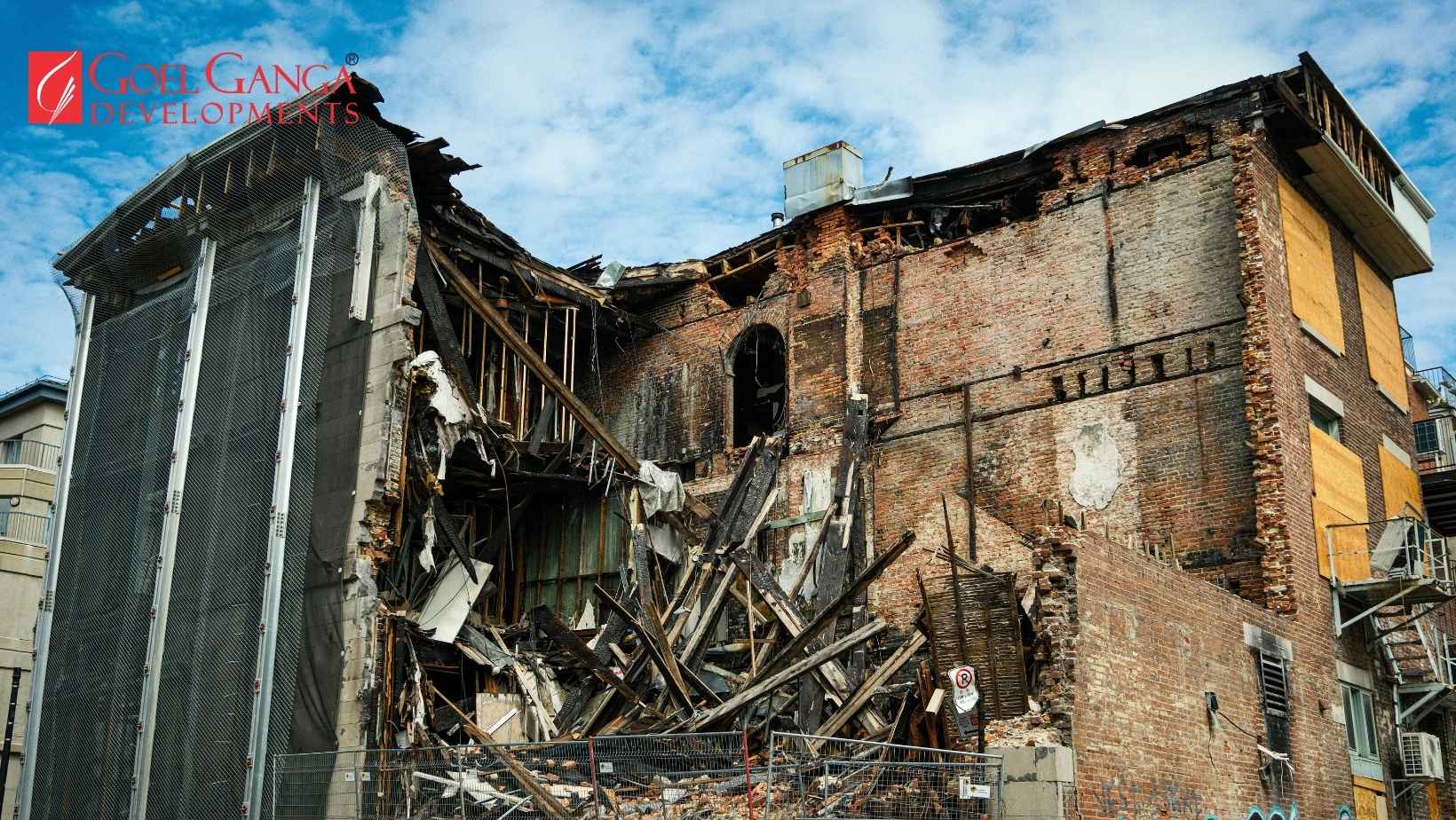In the quest for economic development, governments frequently face the difficulty of combining expansion with safety and sustainability. India, with its fast expanding infrastructural and industrial sectors, is at a critical juncture when prioritising fire safety measures over economic concerns can pave the way for long-term growth. Ms. Gunjan Goel – Director at Goel Ganga Developments shares the importance of emphasising fire safety and its consequences for India’s path to a safer and more sustainable future.
Table of Contents
Toggle1. Current Landscape:
India has had exceptional economic growth in recent years, backed by an increase in building, manufacturing, and industrial activity. However, this expansion has resulted in an increase in fire-related events, which endanger lives, property, and the environment. The lack of attention to safety measures jeopardises the long-term viability of this development.
2. Human Cost vs. Economic Cost:
While the initial expenditures for establishing strong fire safety measures may appear exorbitant, the human and economic losses suffered as a result of fire disasters far outweigh these investments. Loss of life, injuries, property damage, and business interruptions can have long-term implications. By prioritising fire safety, India may avert catastrophes and provide a safer environment for its population.
3. Impact on Infrastructure:
Infrastructure development is critical to India’s economic growth story. However, without strict fire safety requirements, the possibility of infrastructure damage from fire occurrences becomes a major problem. Bridges, tunnels, residential complexes, and commercial areas are all subject to severe fires. They may cause financial losses as well as impede current development efforts.
4. Environmental Consequences:
Aside from the immediate human and economic losses, fires lead to environmental deterioration. Industrial fires emit toxic chemicals into the atmosphere, soil, and water, affecting ecosystems and public health. Prioritizing safety supports sustainable development goals by reducing the environmental effects of such accidents.
5. Global Reputation:
As India aspires to position itself as a worldwide economic powerhouse, the country’s dedication to safety standards becomes increasingly important to its international reputation. Adopting and implementing strong fire safety laws sends a favourable message to the international community, enticing foreign investments, collaborations, and partnerships.
6. Building a Resilient Future:
A focus on fire safety is more than just following laws; it is an investment in creating a resilient and adaptable society. By implementing current fire safety technology, performing regular safety drills, and cultivating an awareness culture, India can lay the groundwork for long-term growth that can survive unexpected difficulties.
7. Government Initiatives:
Recognising the importance of fire safety, the Indian government has already taken efforts to strengthen rules and standards. However, effective implementation of these policies, as well as enhanced public and private sector cooperation, are required to realise the full promise of a safer and more sustainable future.
India is at a crossroads in its journey towards sustainable progress, and decisions made now will impact the future. Prioritising fire safety over cost concerns is more than simply a compliance measure; it is a deliberate move towards creating a resilient, secure, and sustainable nation. The initial investments in fire safety measures are an important part of a larger commitment to ensuring a vibrant environment for businesses, communities, and future generations. By using this approach, India can lay the groundwork for a future of not just fast but also robust and sustainable growth.










